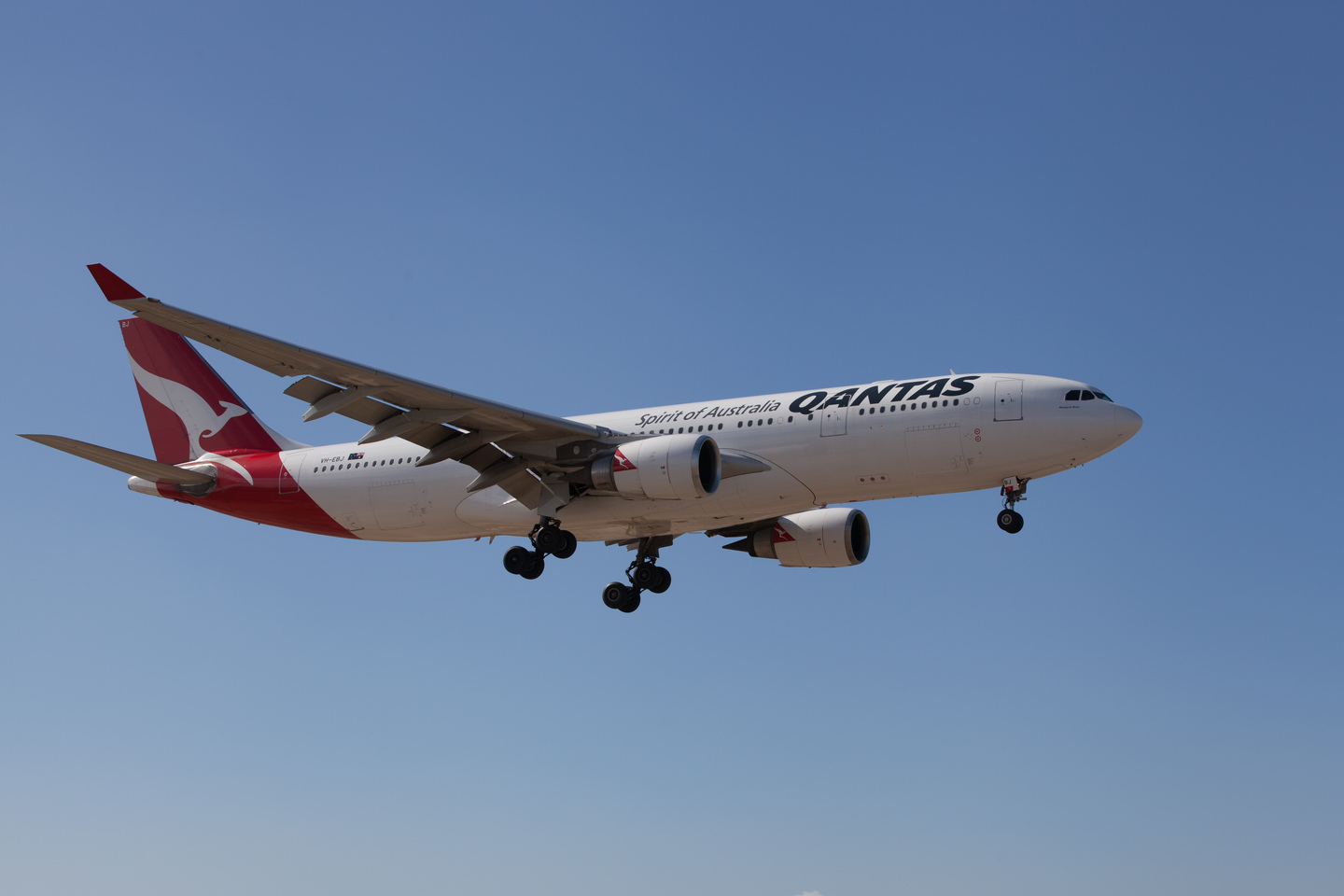The travel industry is reeling from a decision by the US government to ban all travel from Europe for a month, while the Australian government has decided against a similar move after consideration. Shares in ASX-listed travel companies were smashed today in response to the clamp down and as travel dries up globally.


The travel industry is reeling from a decision by the US government to ban all travel from Europe for a month, while the Australian government has decided against a similar move after consideration.
Shares in ASX-listed travel companies were smashed today in response to the clamp down and as travel dries up globally.
US President Donald Trump announced the 30-day ban for people travelling from Europe, adding to an existing ban on Chinese travel. The Europe ban will not apply to the UK.
To put that in perspective, US National Trade & Tourism office data shows there were 1.1 million visitors from Europe to the US in March 2019.
That was more than a third of all visitors in the month.
The International Trade Administration reported US travel exports were $251.4 billion in 2017, with China the leading customer, worth $35.3 billion.
Mr Trump said it was an unprecedented response, going into effect from Friday at midnight.
“This is the most aggressive and comprehensive effort to confront a foreign virus in modern history,” he said.
“I am confident by continuing to take these tough measures, we will significantly reduce the threat to our citizens, and we will ultimately and expeditiously defeat this virus.”
Americans who have undergone appropriate screenings will be exempted.
Australia
It has been reported Australia’s top medical officials had also been directed to consider a potential ban on travel from Europe, but opted against it.
A ban on US travel is not on the agenda, it has been reported.
Travel shares were battered on the ASX today.
Shares in booking services Webjet and Flight Centre fell 19.7 per cent and 18.2 per cent respectively.
That erased $184 million from the market capitalisation of Webjet and $441 million from Flight Centre.
Webjet yesterday withdrew its financial year 2020 earnings guidance, less than a month after it was issued.
The company also announced a $10 milion cost-cutting plan.
Webjet shares are less than half their value at February 19.
Shares in Helloworld Travel dropped 13.4 per cent to $1.82, after the company said yesterday it would cut costs and promote travel to unaffected destinations.
“These developments over the past fortnight have resulted in declining forward international travel demand and we have seen airlines Qantas, Air New Zealand, Singapore Airlines, British Airways and Lufthansa, amongst others, reducing international capacity for the coming six months while Qantas and Jetstar have announced domestic capacity reductions of 5 per cent until September 2020,” the company said.
“Domestic travel demand in the corporate travel market has held up so far and we have seen an increase in demand for domestic leisure travel.”
The company said it was not possible to quantify the size of the impact on earnings for the remainder of the financial year.
Non-essential recruitment has been halted, employees were asked to take paid or unpaid leave, and the board and management have taken pay cuts.
Shares in Qantas fell 9.9 per cent today, closing at $3.64.
About $4.5 billion of the company’s market capitalisation has been erased since February 20.












